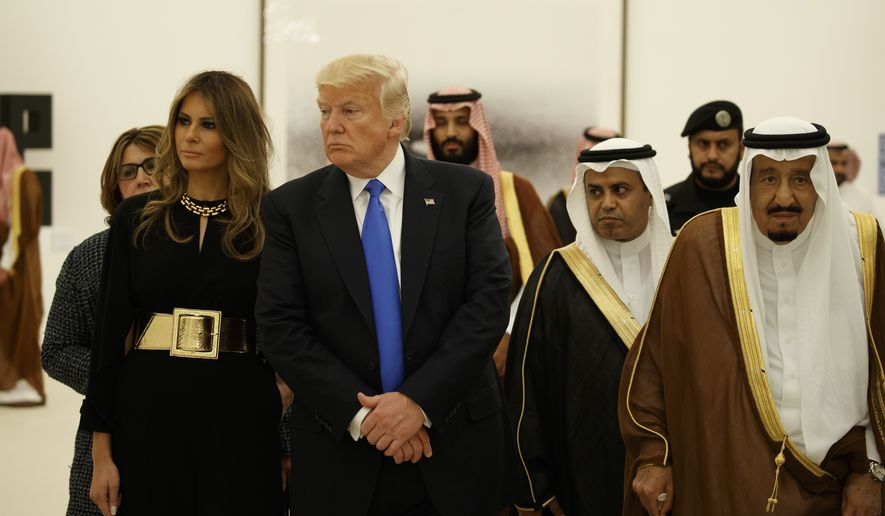OPINION:
The arc of history may bend toward justice, as Barack Obama often argued, but sometimes it bends in another direction. Iran has just re-elected President Hassan Rouhani, and this, the West is told, is good news because it’s bad news for radical Islamic terrorism. Skepticism advances the cause of moderation.
Iranians who live under Mr. Rouhani’s rule, however, might not see it quite that way — it’s “meet the new boss, same as the old boss.” Americans who have listened to a steady stream of insults and threats for four decades shouldn’t expect to see anything much different, either.
Mr. Rouhani was re-elected Saturday with 57 percent of the vote in a field of four candidates that included a one harder-liner, Ebrahim Raisi. But candidates for public office in the Islamic Republic of Iran must pass muster by the mullahs, which means no nonbelievers, backsliders, snoozers through sermons or moderates trying to straddle the middle of the street where the Prophet Muhammad drives the bus making road kill.
When Mr. Rouhani was first elected to replace the sharp-tongued Mahmoud Ahmadinejad in 2013, the easily persuaded in the West applauded Iran for choosing a leader with a warm smile and a soft manner. But experience teaches the foolishness of judging by appearance. Mr. Rouhani earned his presidency by reassuring Europeans that Iran had suspended its nuclear-weapons program while reassuring the mullahs that the regime’s nuclear enrichment continued unabated. Then he presided over the snookering of President Obama and other Western leaders with the so-called Iran nuclear deal, which guarantees Iran’s right to build nuclear weapons later.
Since Mr. Rouhani’s “moderate” presidency, executions in Iran have proliferated, usually at grisly public hangings. There were 360 executions in 2011, according to Amnesty International, and by 2014, the number had soared to 734. The U.N. special reporter for human rights put the number of executions in 2015 at 966. Mr. Rouhani’s hangmen rested in 2016, relatively speaking, with only 567 executions. Moderation ends where the noose begins.
The Rouhani charm offensive was threatened by the ascendance of Donald Trump, a savvy businessman who learned on the unforgiving streets of New York City how to size up and take down an adversary. President Trump has softened his rhetoric on issues both domestic and foreign since winning the White House, as presidents must, but he hasn’t discarded his skepticism of everything about the Islamic regime. He used his state visit to Saudi Arabia to encourage opposition to Iran’s regional ambitions and to lobby for “an Islamic NATO” led by the Saudis, as problematic as that is likely to be. Moving on to Israel, he told the world that “the United States and Israel can declare with one voice that Iran must never be allowed to possess a nuclear weapon — never ever.”
There’s no simple formula for dealing with Iran, but a constructive beginning is recognizing the threat that a nuclear-armed radical Islamic regime would pose. Barack Obama refused to read the lethal intentions behind Mr. Rouhani’s grin. So far Donald Trump reads them loud and clear. Cold-eyed vigilance is the only way not to get fooled again.




Please read our comment policy before commenting.